Greek Mythology
-
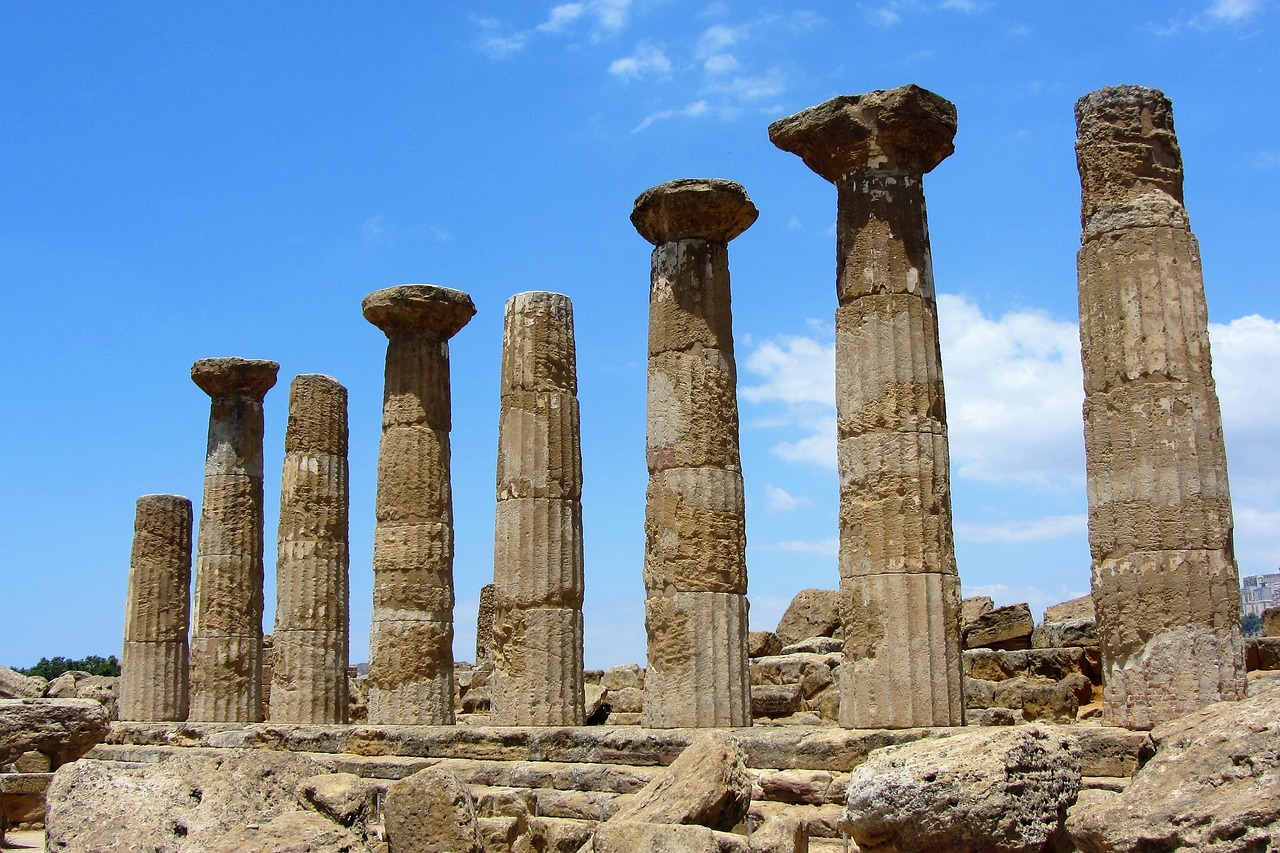
Heracles stands as one of the most renowned heroes from Greco-Roman mythology. He was often depicted as the offspring of Zeus and Alcmene, who was the granddaughter of Perseus. Zeus had vowed that the next son born into the lineage of Perseus would ascend to the throne of Greece. However, due to a scheming act…
-

Tragedy: A Profound Exploration of Human Suffering Tragedy represents a distinguished branch of drama characterized by its serious and dignified exploration of sorrowful or catastrophic events fostered by a heroic figure. While the term is often generalized to denote any disaster or misfortune, its more precise definition pertains to artistic expressions that regard with earnestness…
-
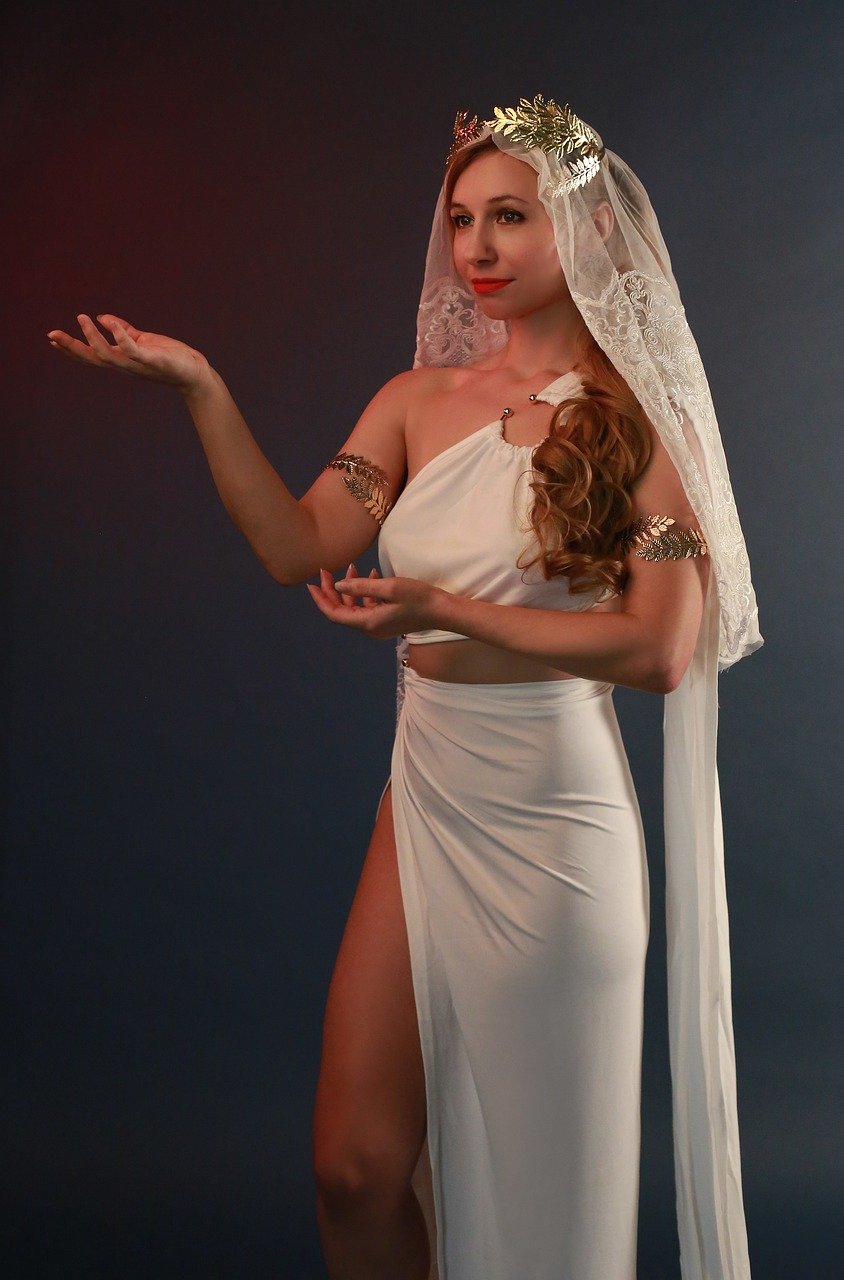
Hestia: The Virgin Goddess of Hearth and Home Hestia, the goddess central to both private and public hearths, embodies the spirit of the family fire and domestic tranquility. Revered for her role in cooking, particularly the baking of bread and preparing family meals, she presides over the sacred flame of sacrifices made to the gods.…
-
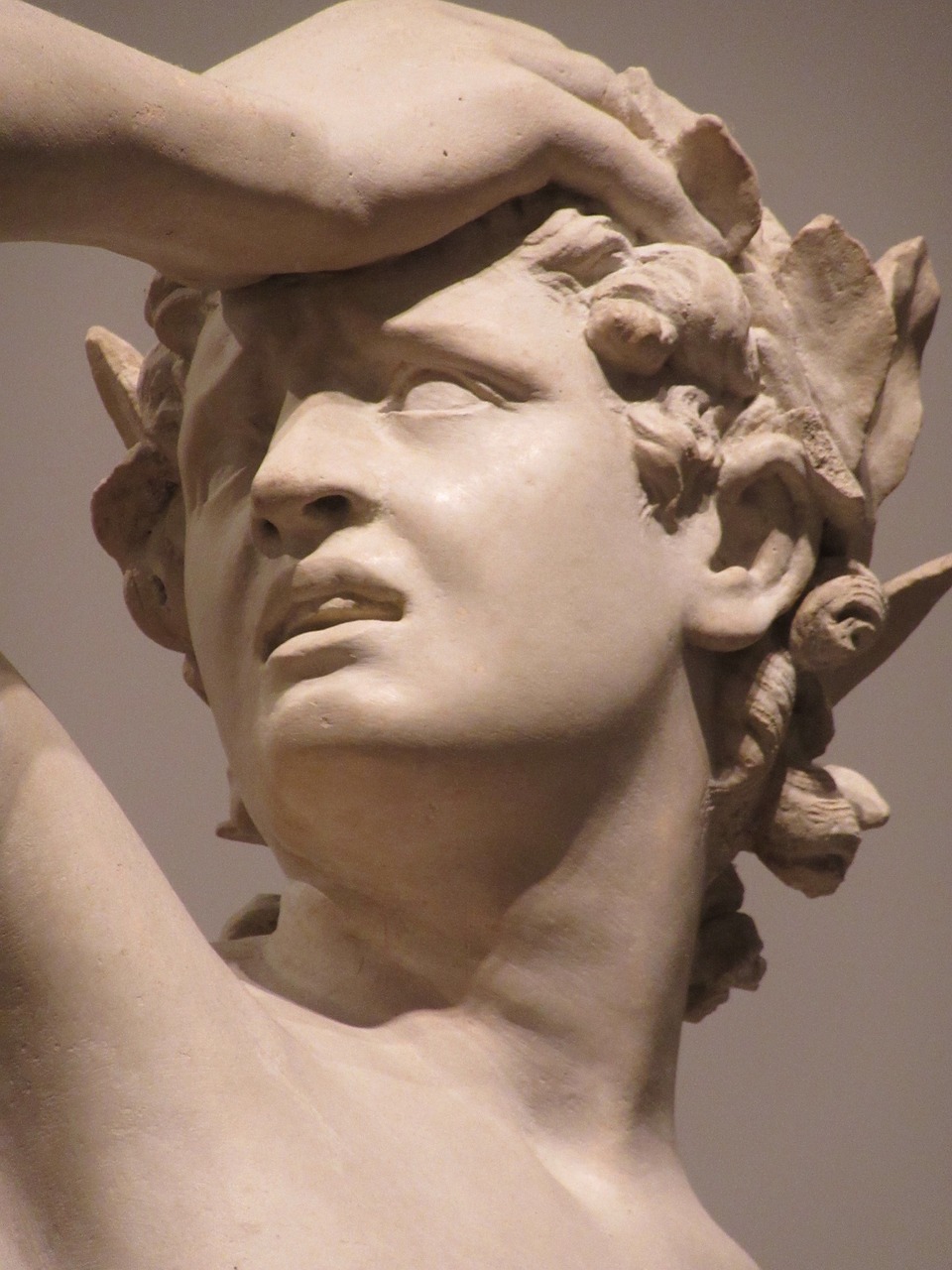
The Orpheus Myth: Its Enduring Influence in Opera The Myth The narrative of Orpheus originates from Ancient Greece, evolving from even more ancient tales. The most celebrated retellings are crafted by renowned Roman poets, Virgil and Ovid. Orpheus is depicted as an extraordinary poet and musician whose enchanting melodies from the kithara—a stringed instrument akin…
-
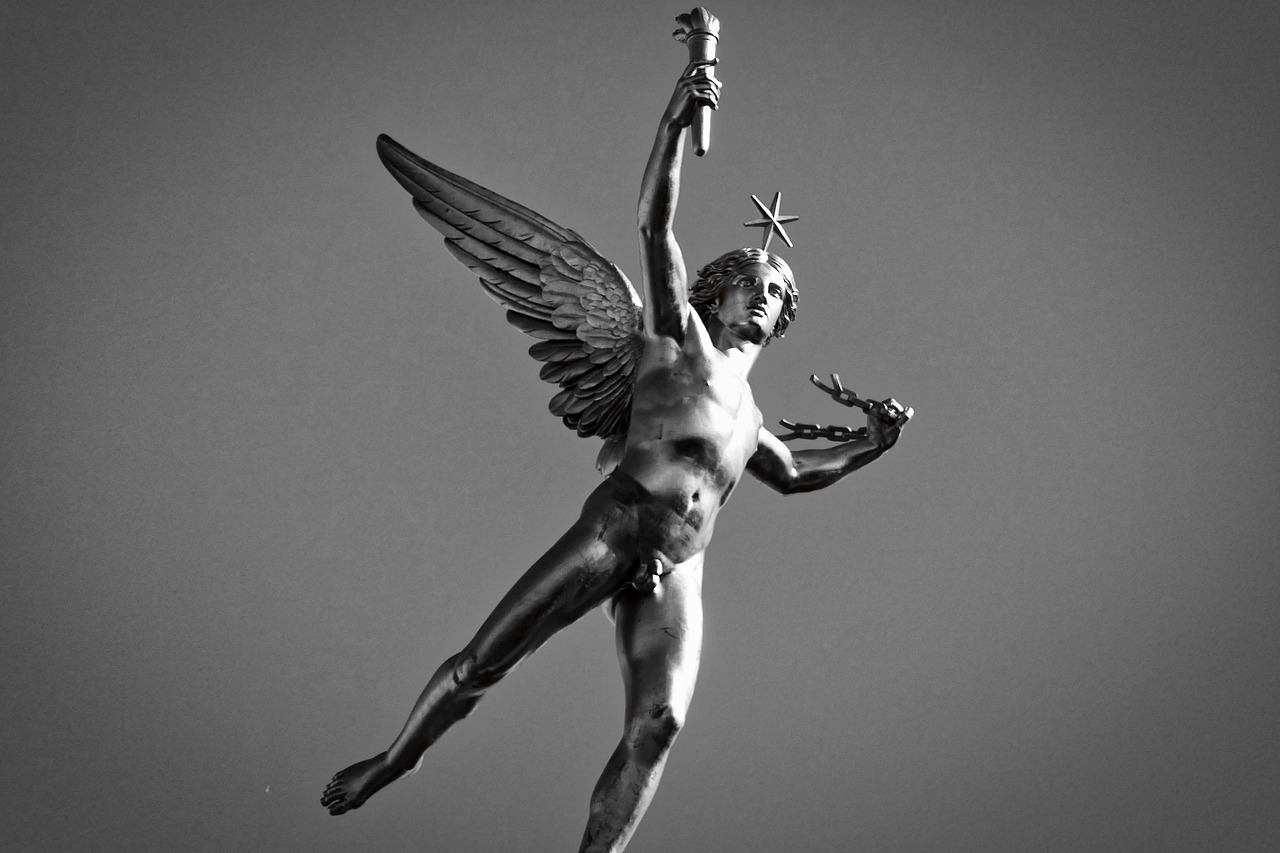
The Characters of The Odyssey Odysseus As the king of Ithaca, Odysseus is a multi-faceted character — a spouse to Penelope, a father to Telemachus, and a heroic leader during the Trojan War. His journey of returning home is laden with trials and tribulations, painting him as a deeply flawed hero throughout the narrative. Telemachus…
-

Rhea stands as a prominent figure among the Titans, celebrated as the goddess of female fertility, motherhood, and protection, embodying ease and nurturing. Role and Significance Rhea earned the title of “Mother of the Gods” for being the matriarch of the initial members of The Twelve Olympians, with her brother-husband, Cronus. Her bond with Cronus…
-
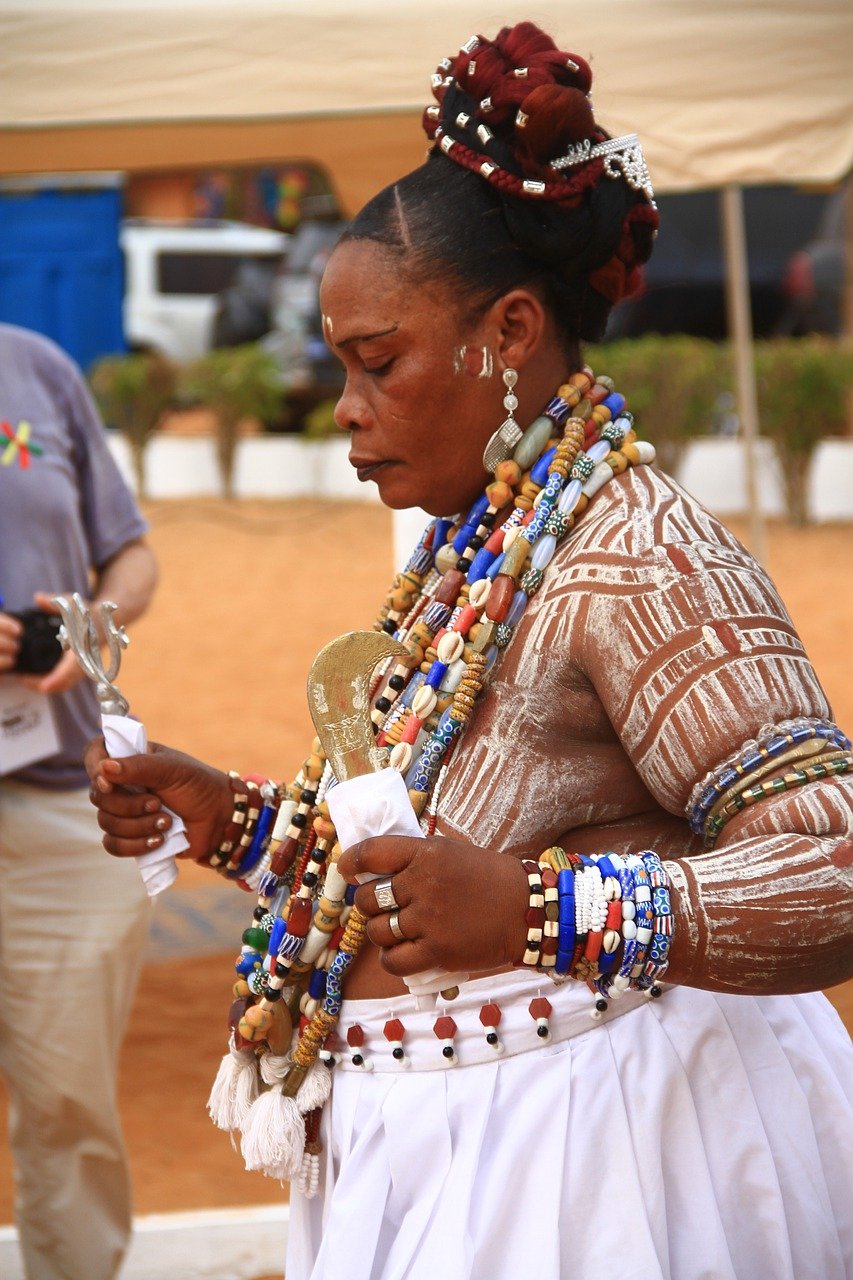
In ancient Greece, mythology was not merely a collection of fanciful tales; it served as an important vehicle for chronicling historical events and justifying political actions. The term “myth” today often evokes thoughts of fiction, but in antiquity, it signified an alternate mode of understanding reality. The elevation of Theseus to the status of national…
-
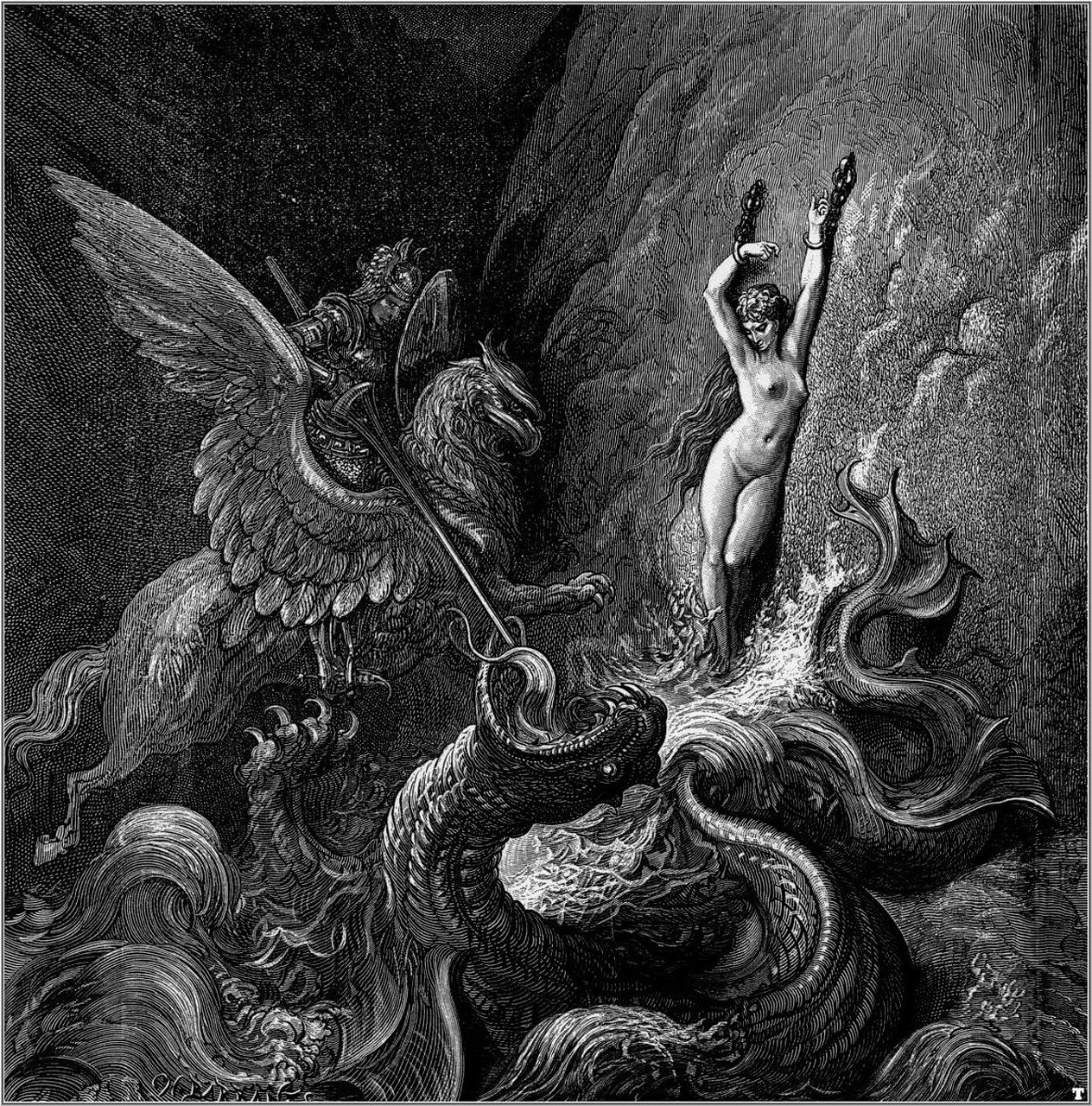
Perseus, a celebrated figure in Greek mythology, is intricately linked to the tales of two significant women, where his heroism shines through contrasting actions—one leading to destruction, and the other to salvation. Despite both women being innocent, their outcomes are shaped by the context of their situations. Medusa’s tragic story embodies themes of abuse and…
-
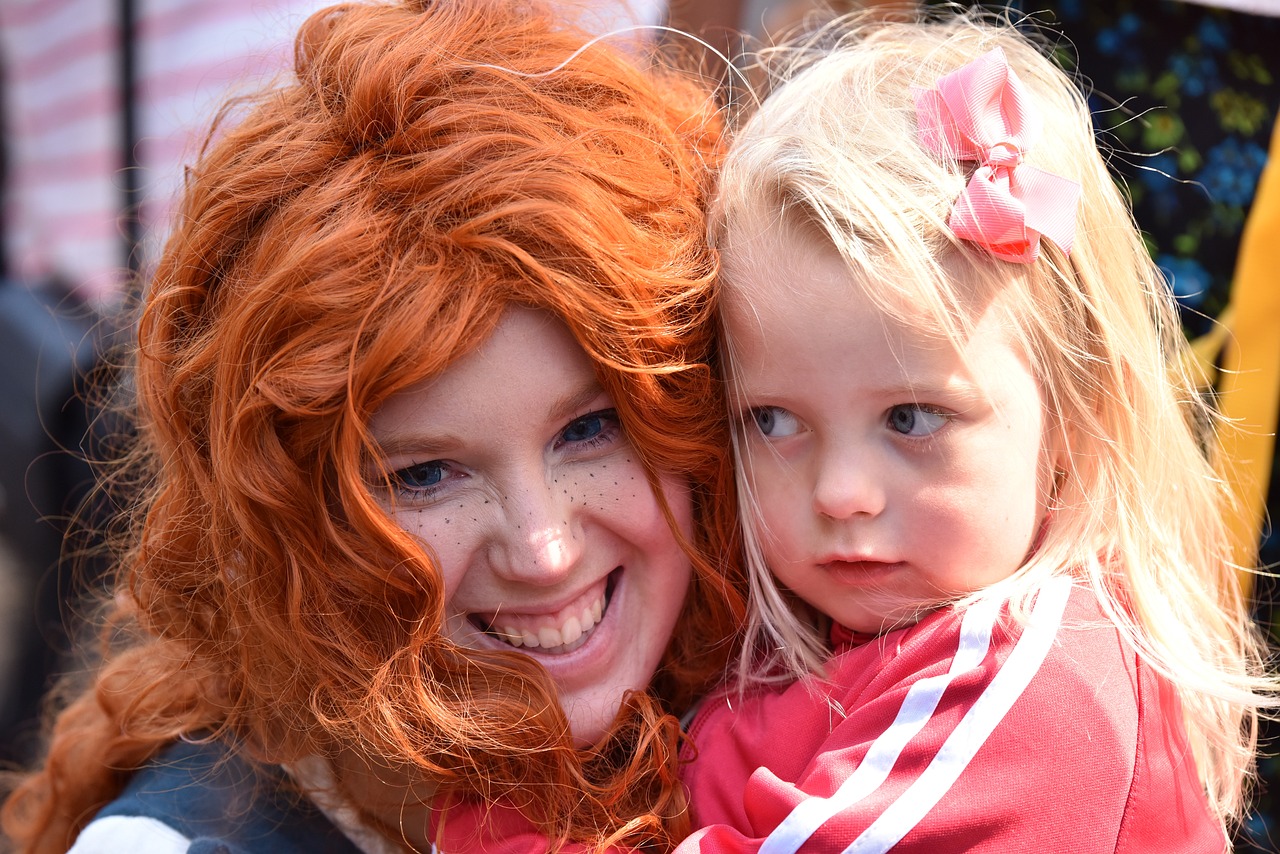
The narrative of Medea, masterfully crafted by Euripides, unveils the dark complexities embedded within human relationships, particularly within the familial sphere. The societal issues reflected in the story resonate profoundly with contemporary situations. Medea embodies the profound suffering that transforms her into a figure consumed by her anguish. Through the lens of gender roles, matrimony,…
-

A rather atypical hero, Jason served as the captain of the Argonautic Expedition, embarking on the formidable quest to secure the Golden Fleece. Born to Aeson and Alcimede, his destiny to succeed his father as the ruler of Iolcus was thwarted by his half-uncle Pelias, who seized control of the throne. Fearing retribution due to…


